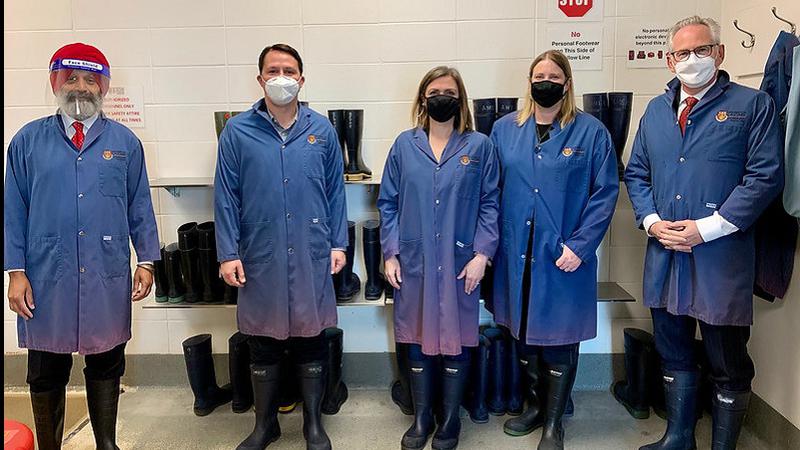
Research on animal health at University of Calgary receives financial boost
CALGARY, AB – The governments of Canada and Alberta are teaming up on a boost to animal health research at the University of Calgary.
The $3.44 million deal was finalized in March and will help staff at the U of C’s Faculty of Veterinary Medicine launch a new pilot project.
The project will expand the school’s diagnostic service unit for animal disease diagnosis and welfare until February 2024.
This in turn will create an animal disease and diagnosis welfare capacity at the university, which will provide diagnostic pathology, bacteriology and other testing services to the province’s veterinarians.


